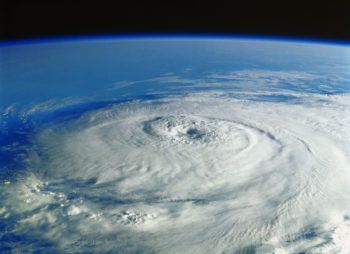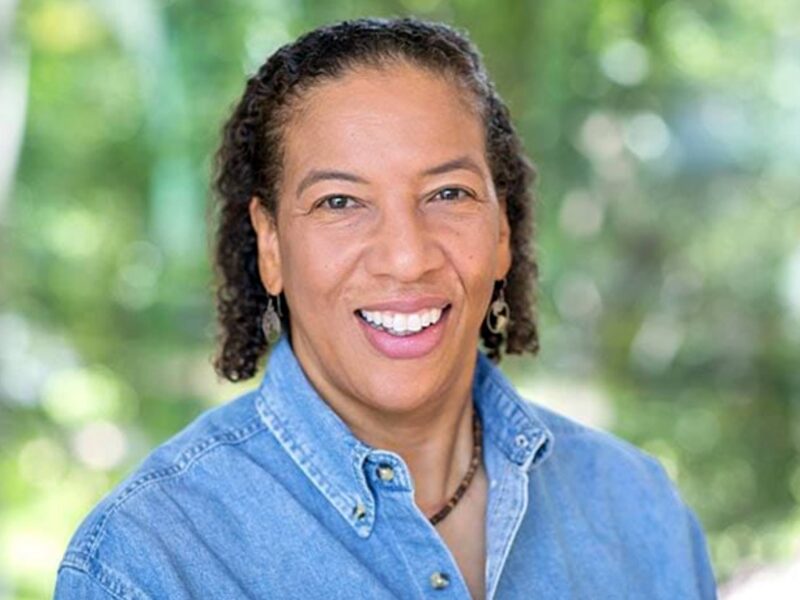Expert Urges Texans Remain Alert, Prepared As Hurricane Season Enters Unpredictable Final Months

With Americans from Florida to New England still cleaning up after Hurricanes Idalia and Lee and the latter area now bracing for a nasty weekend blast from now-Post-Tropical Cyclone Philippe churning northward from the Atlantic basin, this year’s hurricane season has already proven alarmingly treacherous. Citizens of coastal communities around the nation understandably are apprehensive about the season’s remaining two months, especially as concerns around climate change continue to grow.
Hurricane Idalia brought wind speeds of 125 mph and dumped 10 inches of rain across several cities in Florida, causing injuries and extensive structural damage. Meanwhile, Hurricane Lee killed two and knocked out power to more than 300,000, including customers several hundred miles from its center.
Because storms like these can progress quickly, Texas A&M University meteorologist Dr. Courtney Schumacher says being aware and educated during hurricane season is vital to staying safe, particularly in a season that has already been more active than usual.
“It’s already been a busy season in the Atlantic,” said Schumacher, holder of the E.D. Brockett Professorship in Geosciences within the Department of Atmospheric Sciences. “We’ve had 18 named storms and still have two months left in the Atlantic hurricane season. That’s more storms than the normal amount that we would expect for the whole five months.”
A big reason for this hyperactive season is the unusually high temperatures that were reached this past summer — a phenomenon caused by climate change, according to experts.
Texas just recorded its second hottest summer, and the temperature of oceans surrounding the state have also increased — a key ingredient in the recipe to forming a strong hurricane, along with humidity, rotation and weak winds.
“One thing that climate change is impacting is the really warm waters that we have right now,” Schumacher said. “Everyone knows how warm it’s been, and because hurricanes really like warm waters, they tend to form there, and that’s how they can grow and become more intense.”
Because of the warmer ocean temperatures, hurricanes of higher intensities should be expected, making it more important than ever that those in the pathway of these storms are prepared for strong winds and heavy rains.
“Recently the most hurricane-related deaths have been because of storm surges and freshwater flooding induced by heavy amounts of rain,” Schumacher said. “Citizens of areas where these hurricanes are hitting should pay more attention to what’s happening with the flooding inland.”
As we approach the peak and more unpredictable months of hurricane season, including the month of October that typically produces three named storms and one major hurricane, Schumacher said that having an emergency plan and listening to local news sources becomes increasingly important.
“What matters is knowing when a storm is coming and is near landfall,” Schumacher said. “That’s when people should listen to the National Weather Service, the Federal Emergency Management Agency and other emergency managers in the area.”
Schumacher says that those in the pathway of a hurricane should take measures to be prepared. Whether that means boarding up windows, stocking up on non-perishable food items or making an evacuation plan, being prepared can ensure community-wide safety during a time of uncertainty.
“It’s an exciting time to be studying tropical meteorology because there are such interesting storms that are so impactful,” Schumacher said. “There’s a lot we know, but there’s still a lot to learn.”
Media contact: Shana K. Hutchins, shutchins@tamu.edu





